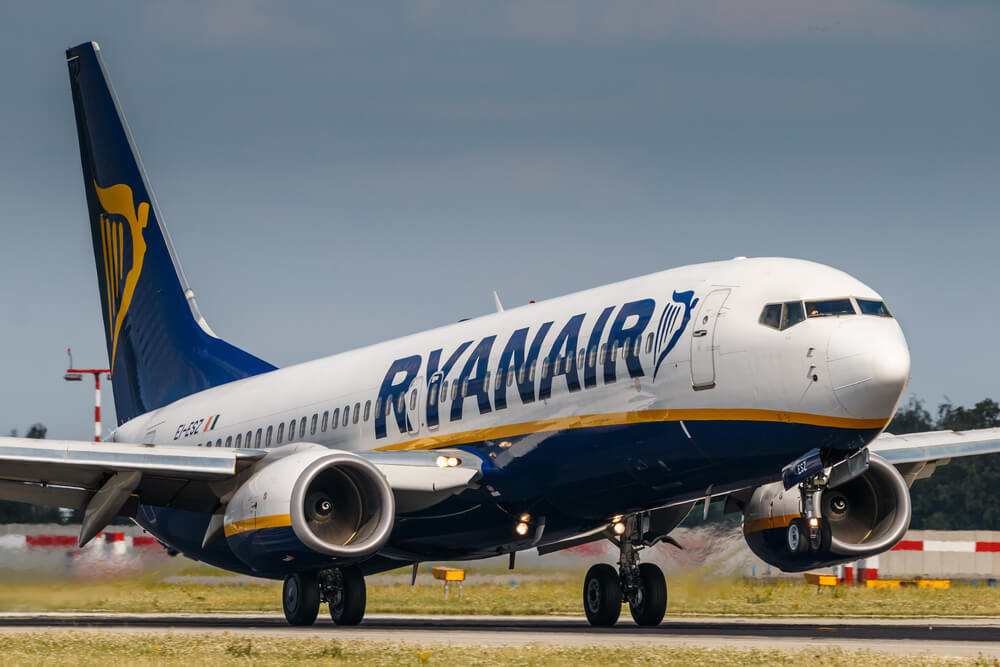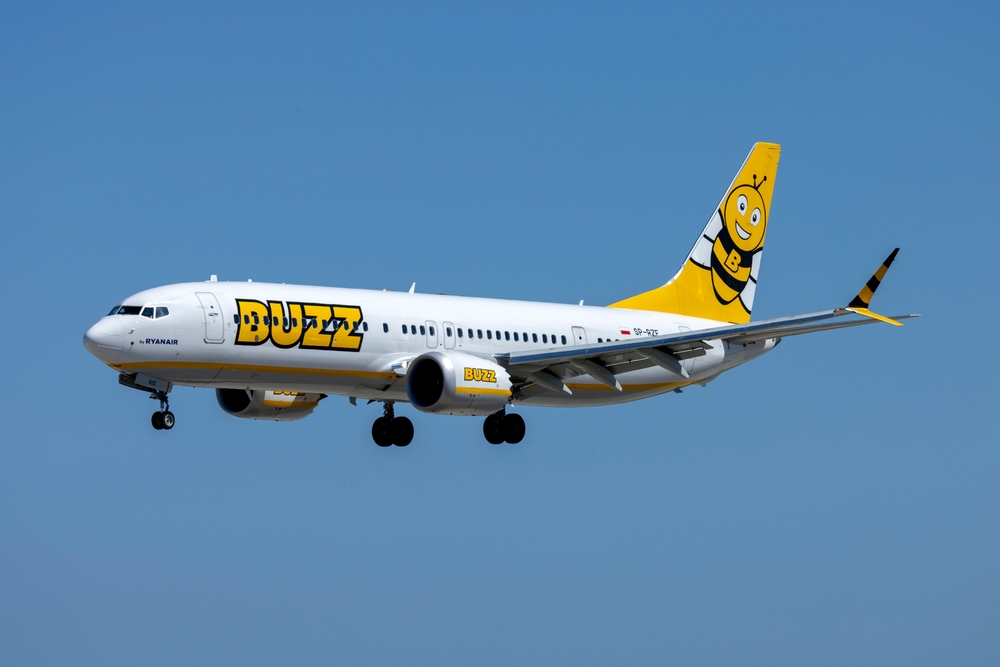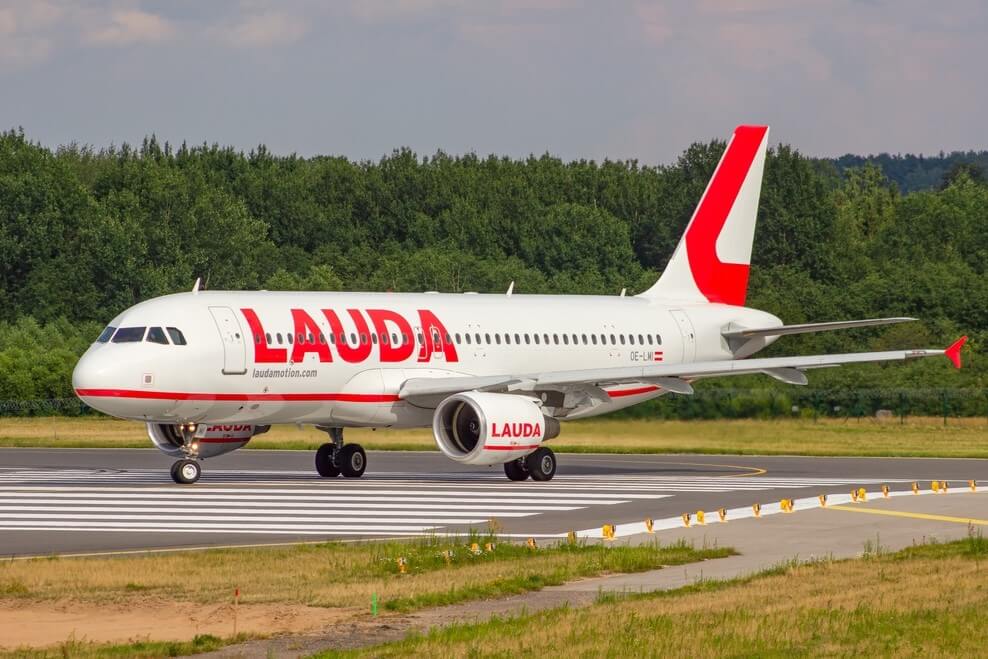Ryanair, Europe’s largest low-cost carrier has recorded the highest annual profits in its history, with rises in passenger traffic and average fares giving the carrier’s finances an extra boost in the financial year ending March 31, 2024.
With a successful 2023 behind it and strong forward bookings at the start of 2024, the Ryanair Group posted a jaw-dropping profit of €1.92 billion ($2.09 billion) for the year. This represents a year-on-year rise of 34% overall. The airline has put this predominantly down to an increase in passenger numbers, as traffic grew by 9% to 183.7 million passengers in the year.
Yield per passenger also increased for the airline group (which also includes Malta Air, Buzz, Lauda Europe, and Ryanair UK) as the average yield rose by 21% to an average of just under €5 ($4.58). Adding to the airline’s bottom line was a 12% rise in ancillary revenue, topping out at an average of €23.40 ($25.50) per passenger.
The average load factor rose by a single percentage point year-on-year to 94% while overall revenues increased to €13.44bn ($14.64bn), an increase of 25% over 2023’s €10.78bn.

The Ryanair Group is preparing to fly its busiest-ever summer season with well over 500 aircraft, both Boeing 737-800s and 737 MAX-8200s as well as a fleet of 27 Airbus A320s operated by Lauda Europe. The Group is also opening five new bases and introducing over 200 new routes to its network during the upcoming summer season.
In preparing the airline for any possible operating cost increases, the group has revealed that for the current financial year, over 70% of its fuel requirements have been hedged at just under $80bbl, a move that is due to save the group an estimated €450 million ($488 million).

A big advantage enjoyed by Ryanair over its competitors is the way its fleet financing is structured. Its entire Boeing fleet of 556 aircraft is owned outright, leaving it far less susceptible to market lease rate fluctuations than its competitors. Freeing itself from expensive lease payments, the group was able to pay back a billion euros of debt and still end the year cash-rich, with around €4.12bn ($4.42bn) gross cash in the bank on March 31, 2024.
This healthy bank balance means that Ryanair earns a substantial amount of interest on this cash, to the tune of around €0.3 per passenger ($0.32), largely due to high aircraft lease rates for its entire Airbus A320 family fleet.
Looking ahead
Ryanair expects to grow its current year traffic by 8% to reach the range of 198m to 200m passengers for the year, although the final number is conditional on how many 737 MAX-8200s Boeing can deliver to the group in the coming months. By the end of March 2024, the carrier had 146 of the high-density variant flying, with a further 12 due by the start of the peak summer travel season in July 2024.
However, even a fleet of 158 aircraft is 23 down from where the airline hoped to be, had it not been for the slow-down in 737 MAX deliveries from Boeing following the Alaska Airlines 737 MAX 9 incident in January 2024. Additionally, Lauda Europe has just extended the lease on four of its A320s by a further four years to 2028.

The airline also states that travel demand in Europe is strong for the rest of 2024 and, despite Boeing delivery delays, will operate its largest-ever summer schedule while its competitors are forced to ground their A320 aircraft for Pratt & Whitney engine repairs with disruptions set to continue into 2026, while manufacturers continue to face supply and delivery constraints.
The airline group also expects European airline consolidation to continue for the rest of 2024, with the takeover of ITA (Italy) and Air Europa (Spain) progressing and the sale of TAP (Portugal) still on the cards. With capacity constraints, combined with its significant cost advantages, strong balance sheet, low-cost aircraft orders, and what it describes as “industry-leading resilience”, means that Ryanair expects to continue operating profitably as the airline group continues expanding toward 300 million passengers annually by 2034.


1 comment
Do you think O’Leary will award staff with a profit sharing bonus a la Emirates And Singapore ? Mmmmm…